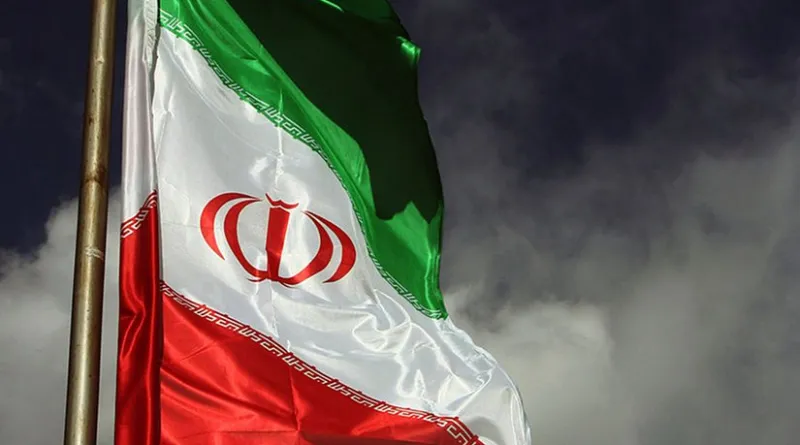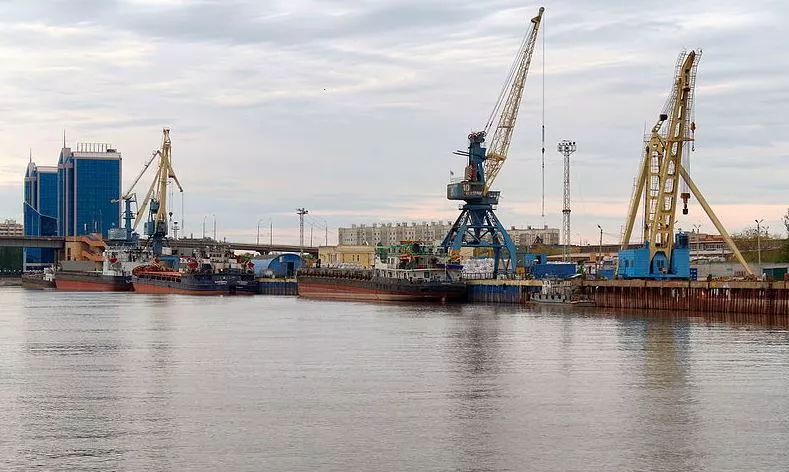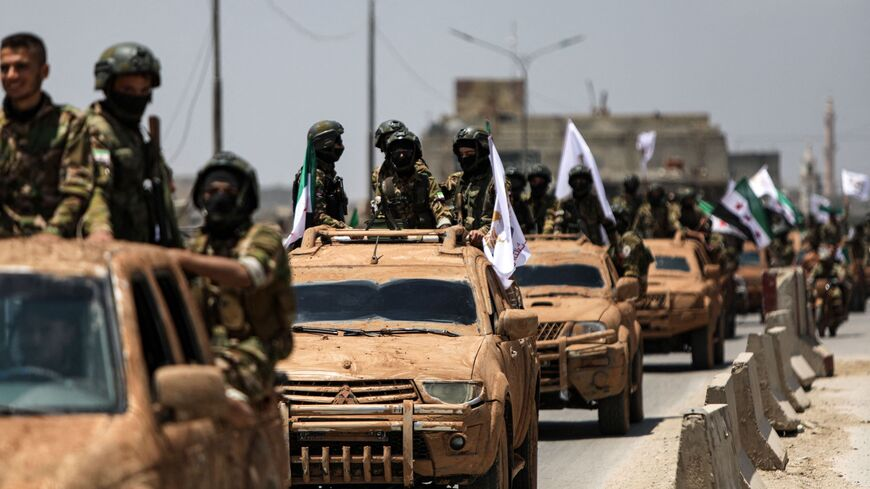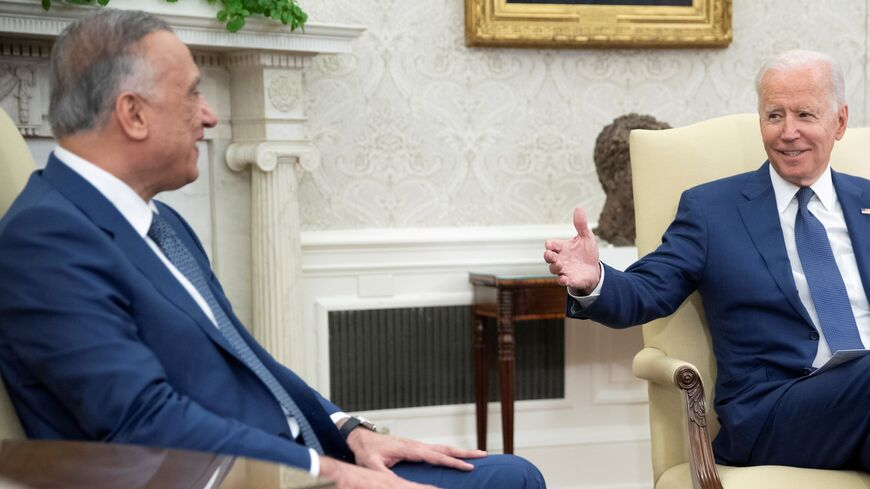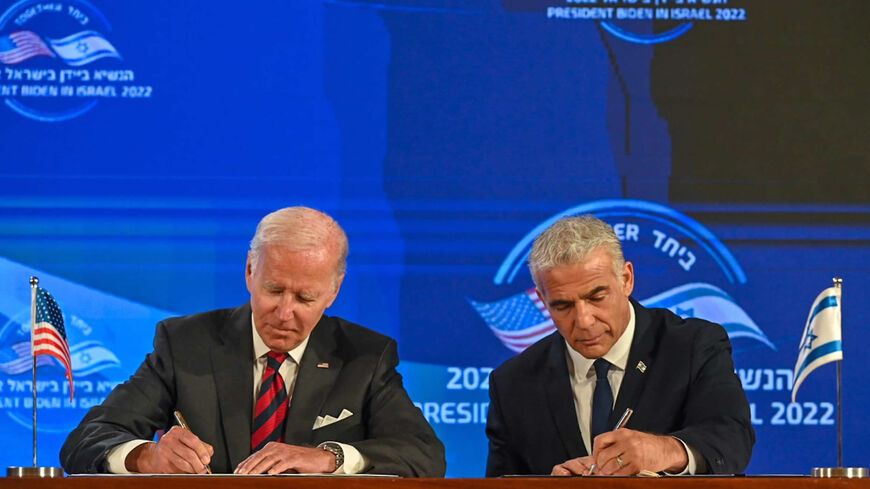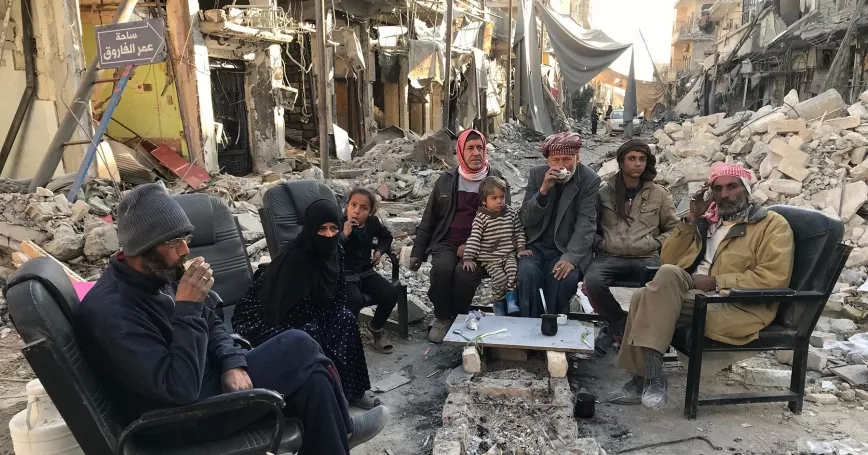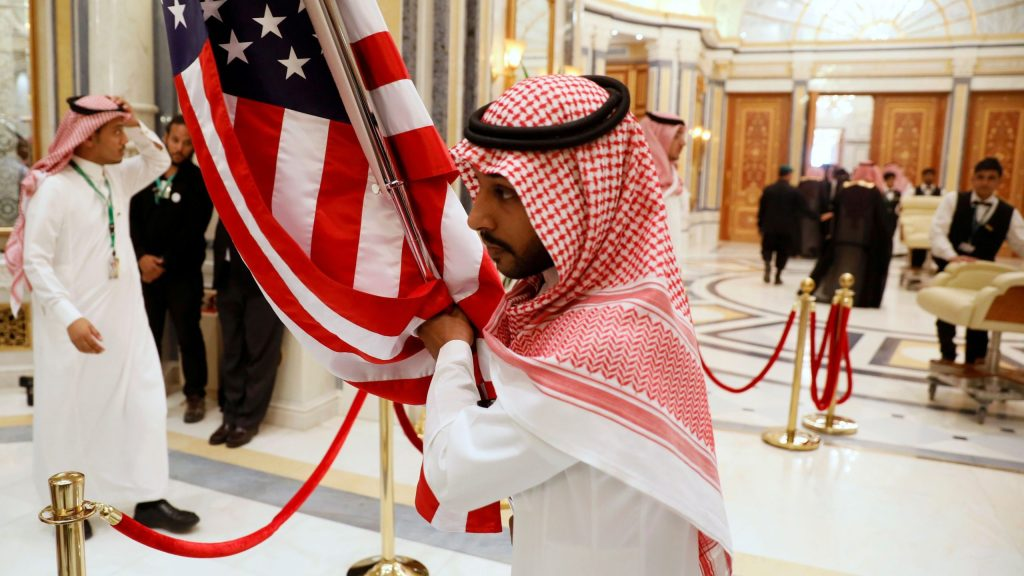Biden’s Israel, Saudi Arabia Trip Draws Attention To Looming Threat Of A Nuclear Iran
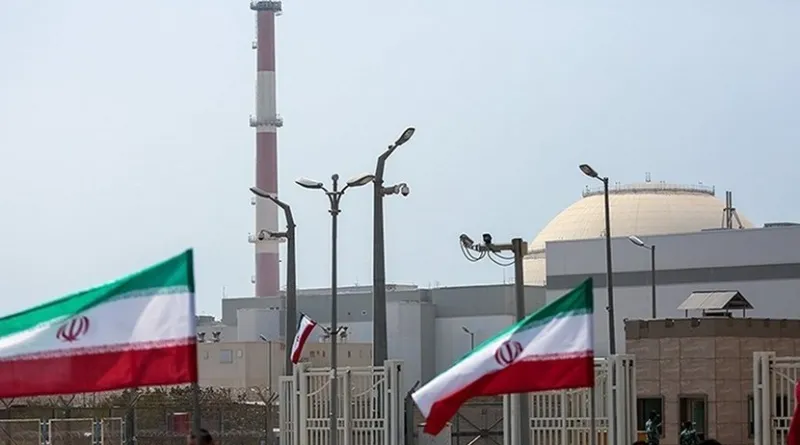
When Arab leaders sit down with US President Joe Biden in Riyadh this week, one topic they will no doubt be eager to raise is the threat posed by Iran and how Tehran’s nuclear ambitions can be thwarted or contained.

